Popular Tips
YOU MIGHT BE INTERESTED IN
An Informative Guide To Identify Causes For Strange Exhaust Colours
by IndianAuto Team |
03/12/2018
On one fine day, you take your car out for a run. Suddenly you see a waft of visible smoke coming from your car’s exhaust pipe. Before freaking out and calling your trusty mechanics, do you know what the exhaust colour really means?









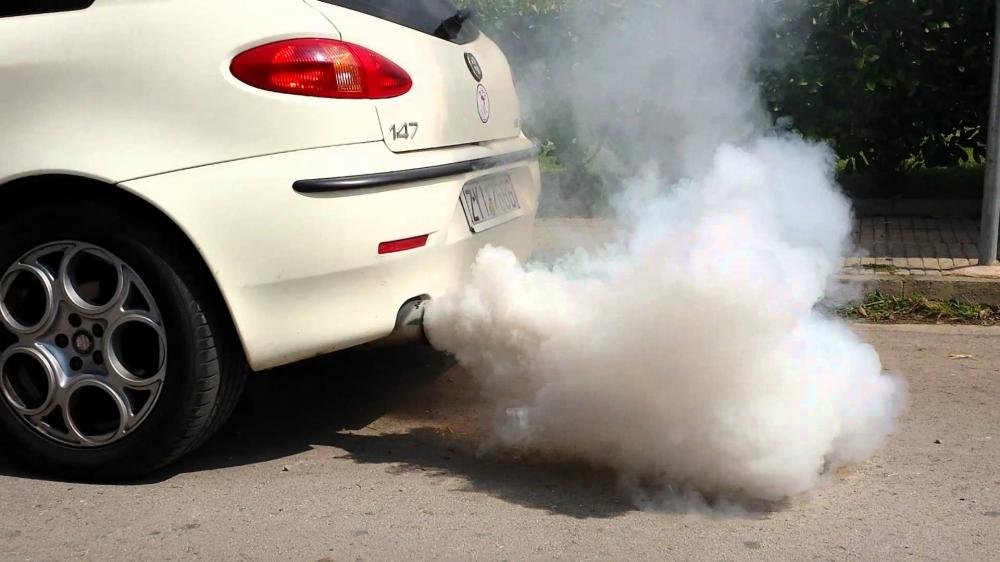
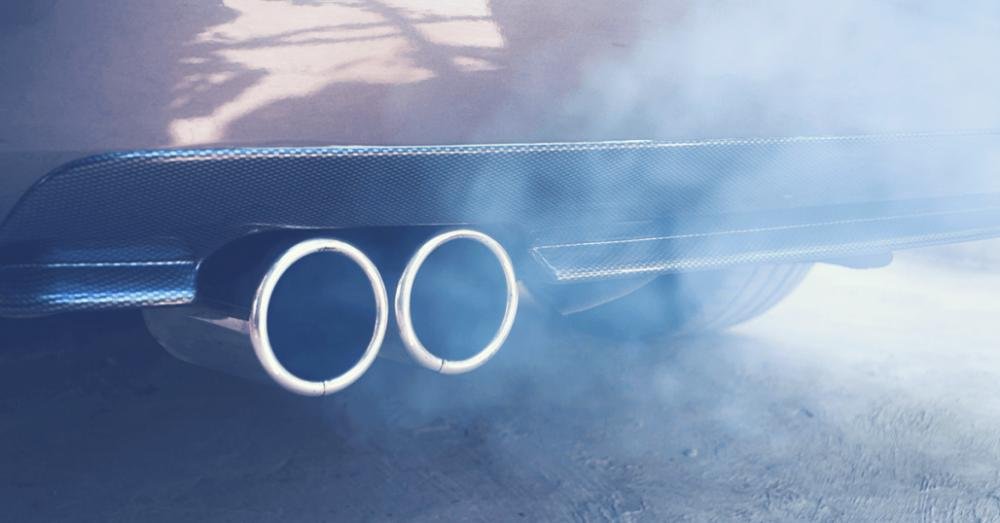
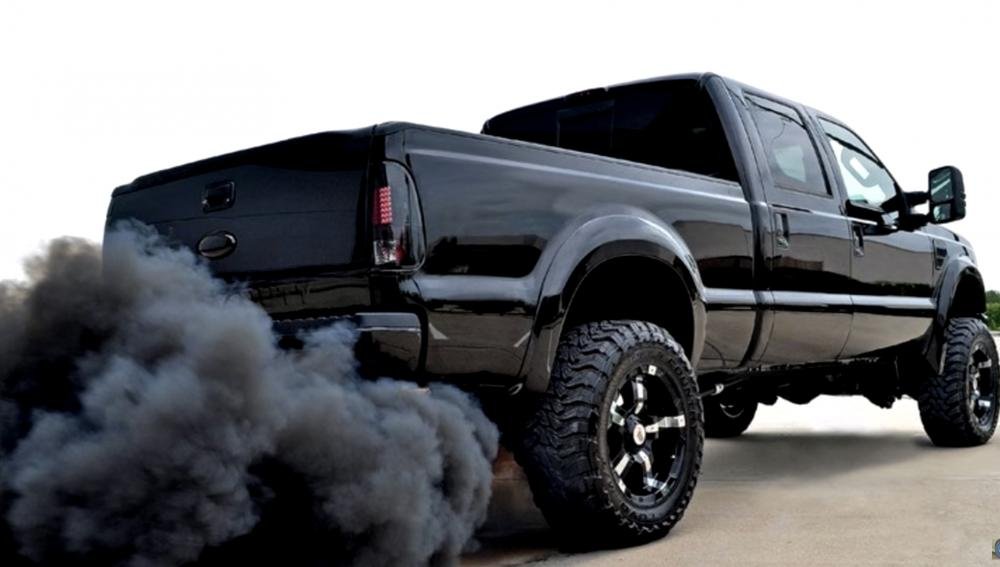
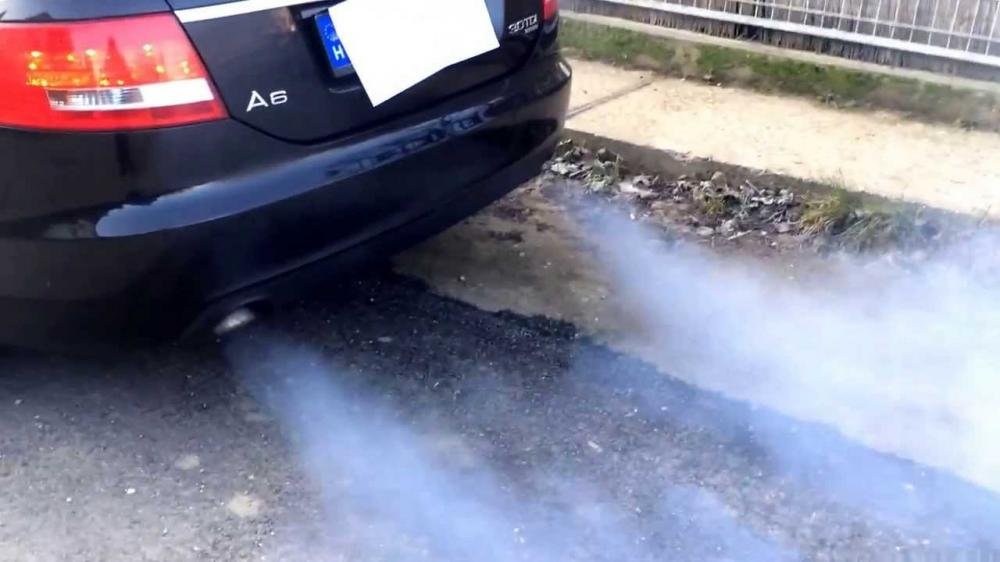
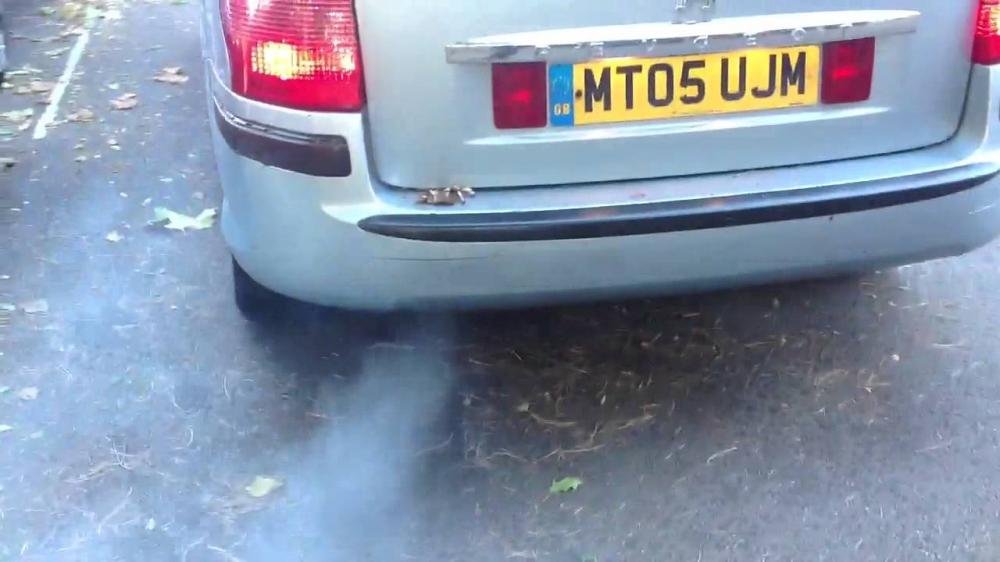

 Follow us on google news
Follow us on google news
